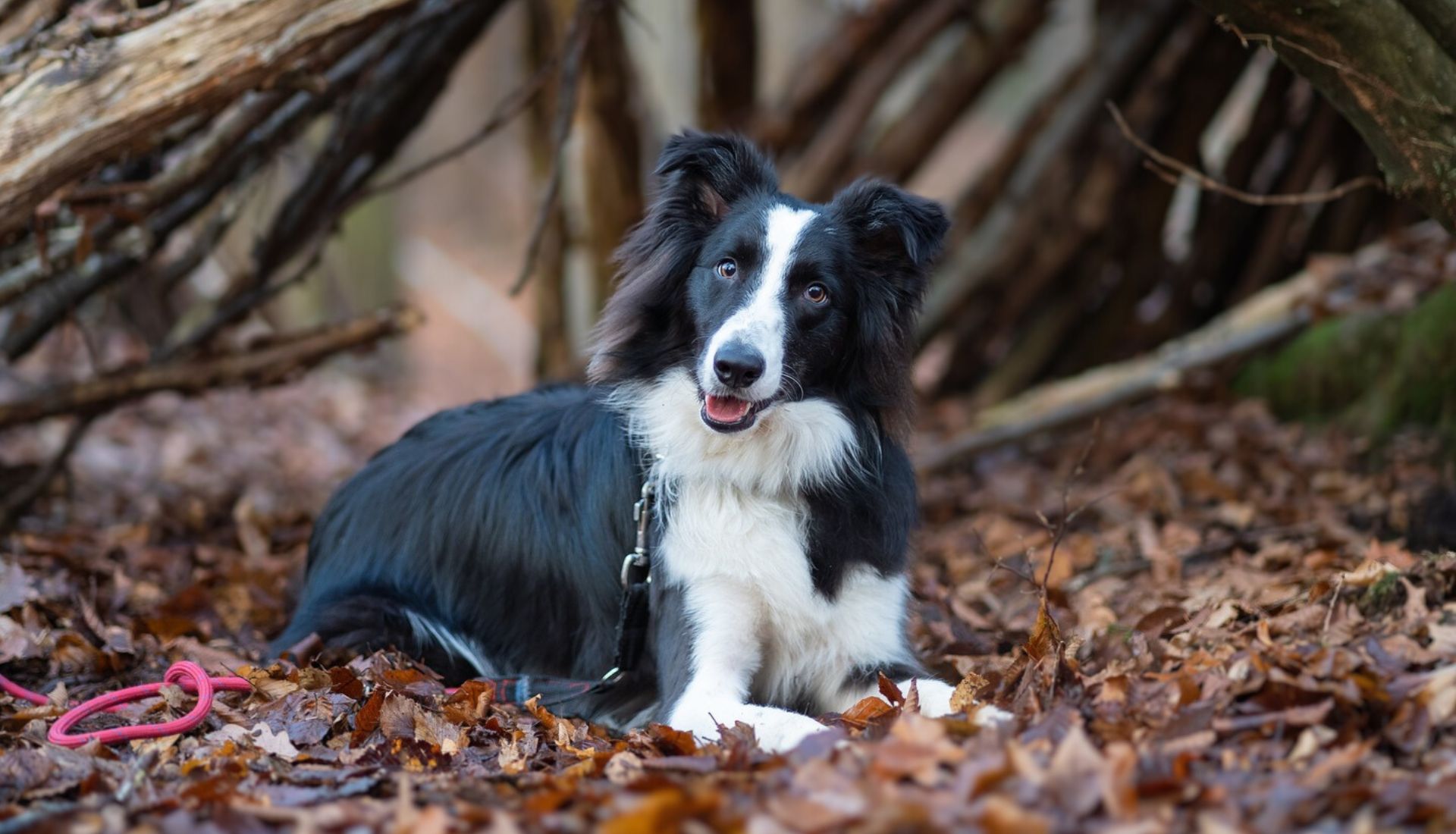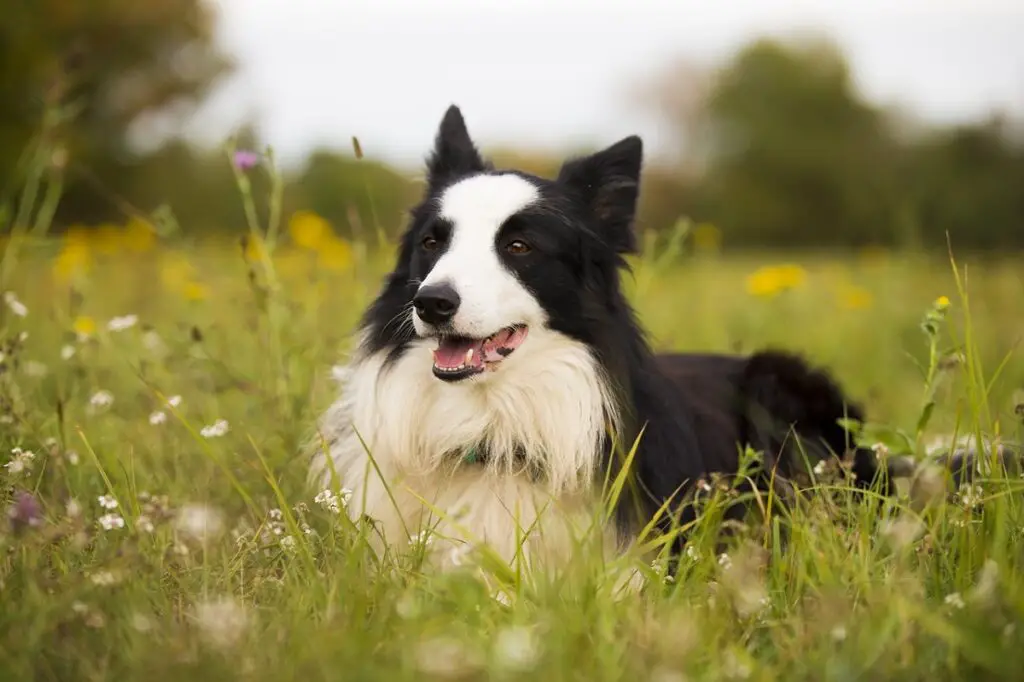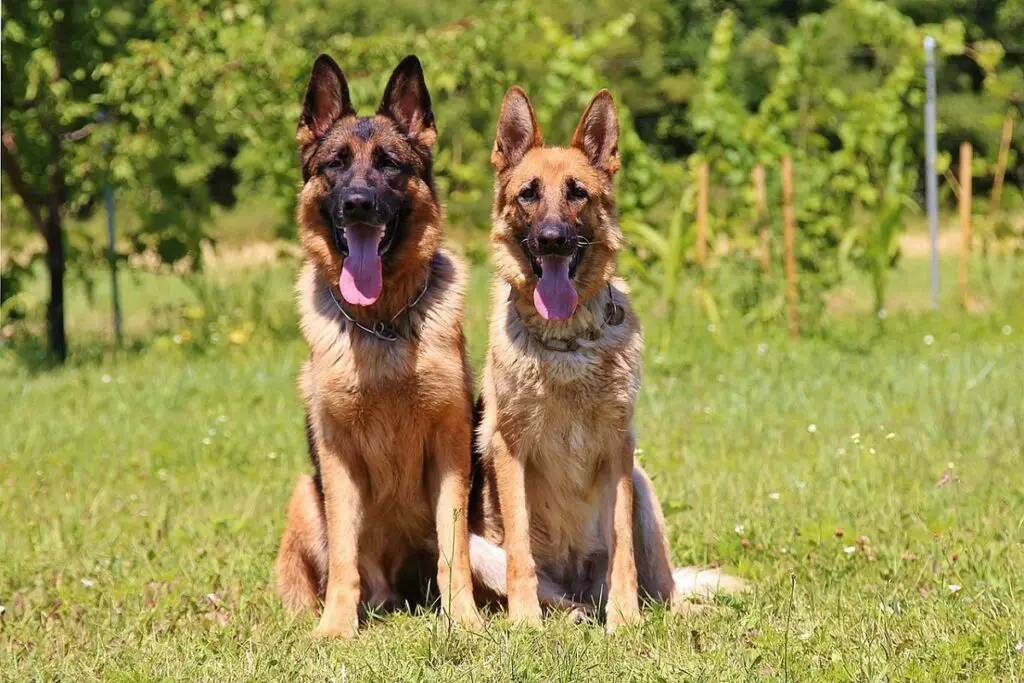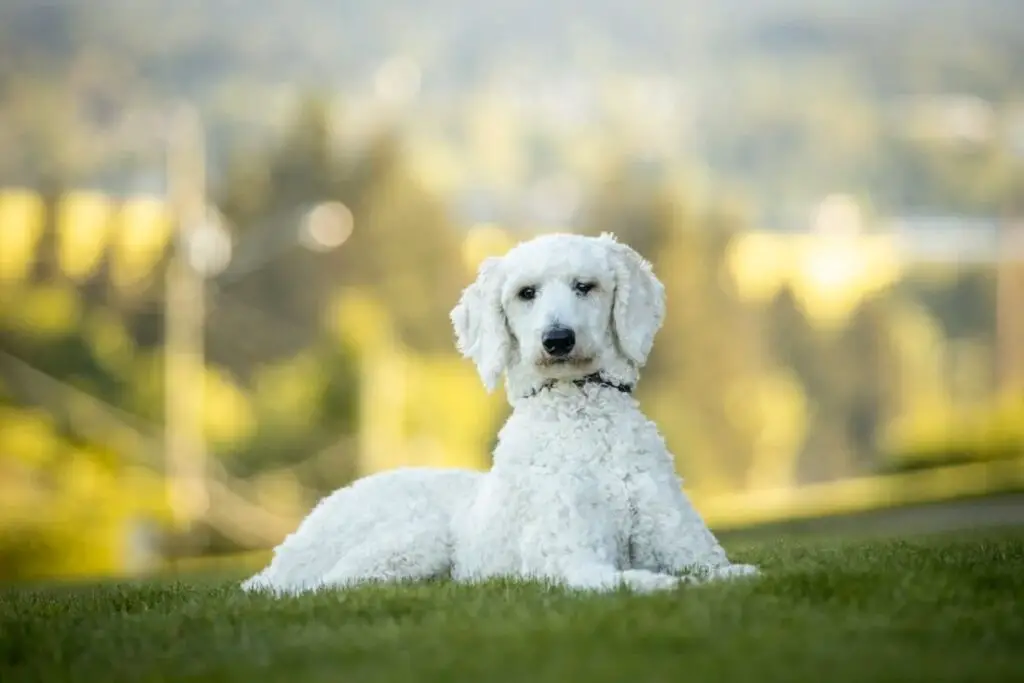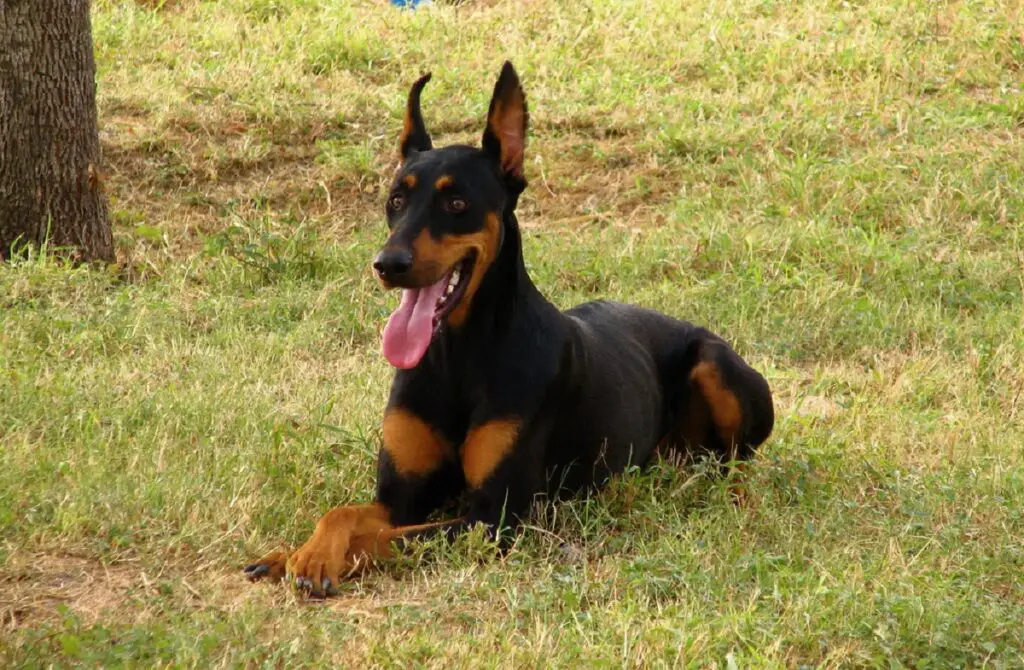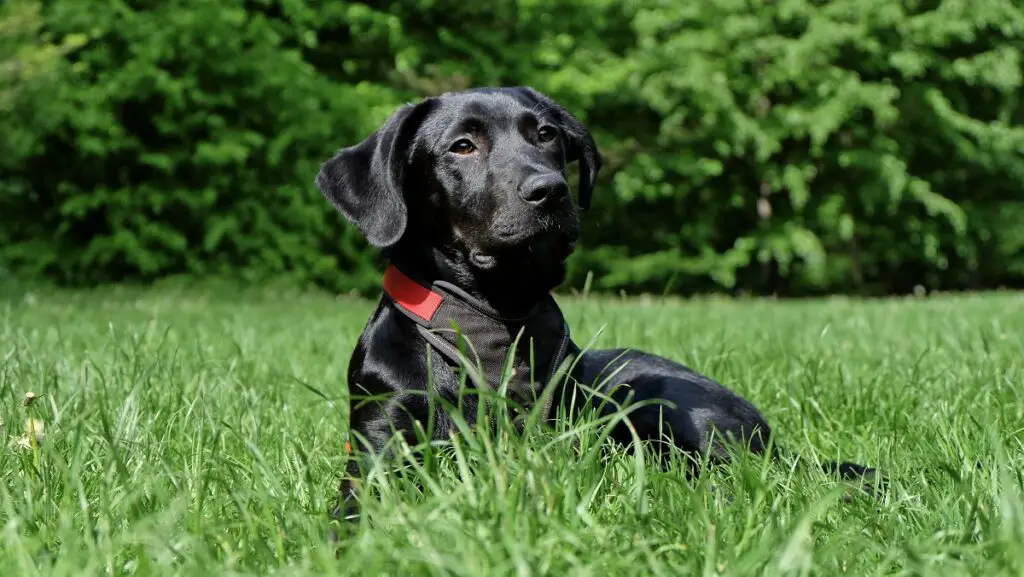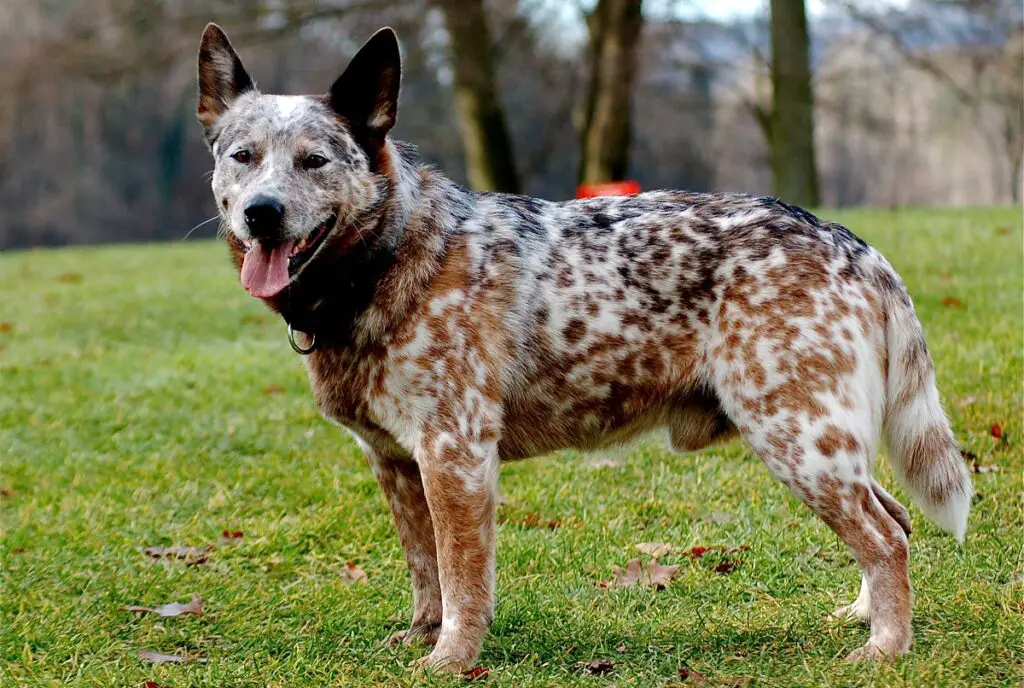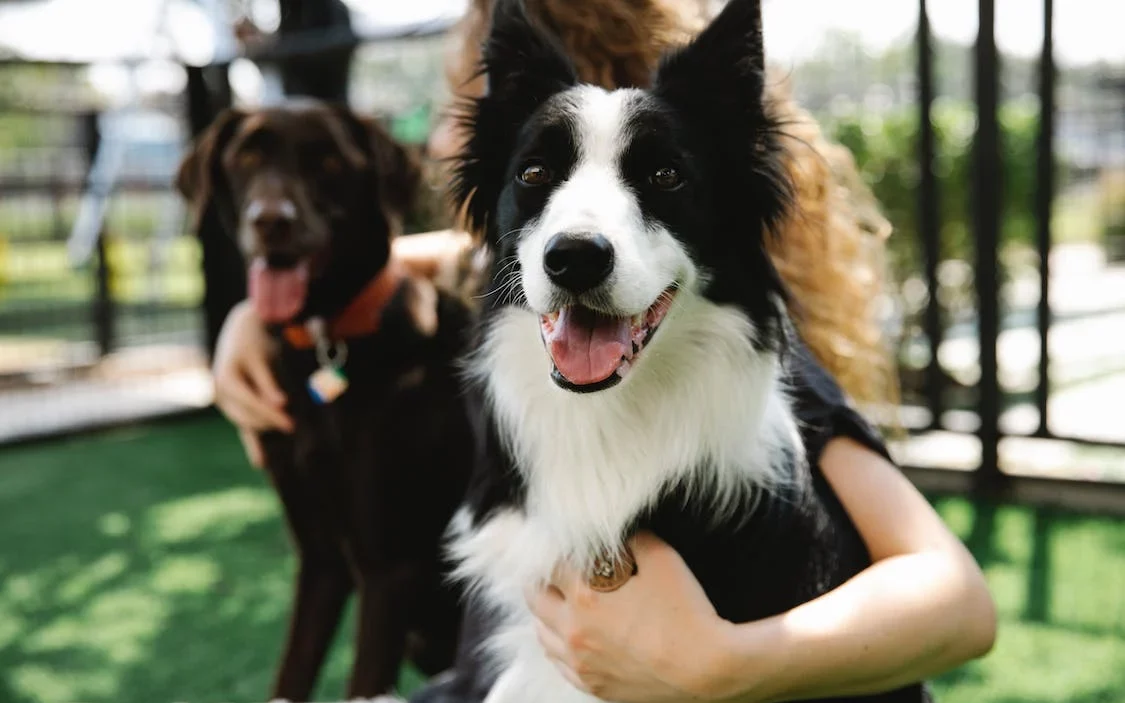Dog intelligence isn’t just about tricks; it encompasses problem-solving, communication, and adaptability. While every dog is a genius in their own way, certain breeds are renowned for their quick learning and sharp minds. From herding complex flocks to mastering intricate commands, these brainy canines stand out. Explore the fascinating world of the top 7 smartest dog breeds, delving into their unique abilities, training advantages, and what makes them the intellectual elite of the canine world. Prepare to be impressed!
Is your dog one of the smartest breeds out there? Understanding canine intelligence is complex, involving several factors. Experts like Dr. Stanley Coren, a psychology professor and author of “The Intelligence of Dogs,” categorize dog intelligence into three types: instinctive, adaptive, and working and obedience.
Instinctive intelligence refers to what a dog is bred for, adaptive intelligence measures a dog’s learning from its environment, and working and obedience intelligence gauges what a dog can learn from humans. Coren’s research, involving surveys of over 200 dog obedience judges, reveals the top smartest dog breeds based on these criteria.
Our guide reveals the 7 most intelligent dogs that continue to amuse us with their beauty and brains!
7 Smartest Dog Breeds in the World
In his book, neuropsychologist Stanley Coren, PhD, emphasizes trainability as a key indicator of canine intelligence. According to his findings, the smartest dogs can grasp commands in fewer than five repetitions and follow them with 95% accuracy or higher.
This benchmark is used to rank the most intelligent breeds, each accompanied by a descriptive profile highlighting their unique traits and capabilities. Let’s get to know these canine geniuses:
1. Border Collie
Border collies, originally bred to herd sheep, are very smart dogs. They are good at following commands and paying attention to people. Known for being the best at herding sheep, they are also great at learning and working.
Border collies do well in training classes and are great at finding and rescuing people. They love to work and learn. They have lots of energy and focus well, which makes them great working dogs. They can learn many commands and do complex tasks if they are trained well and consistently.
A famous Border Collie named Chaser could recognize over 1,000 different items.
2. German Shepherd
German Shepherds are highly valued as police, military, and family dogs, renowned for their herding and protective instincts. These intelligent dogs excel in demanding roles like search and rescue and assisting police, thanks to their acute sense of smell.
They are known for their calm temperament and ease of training, making them excellent assistance dogs for disabled and elderly individuals. With intelligence comparable to a 2.5-year-old human, they are also known for their tendency to explore the world with their mouths, much like young children.
3. Poodle
Poodles are not just pretty but also very smart. They learn commands and tricks easily. These active dogs were originally bred to retrieve things from water. Miniature poodles might have been used to hunt for truffles.
They’re easy to train and love learning but can be a bit stubborn, which shows their intelligence. Poodles have a lot of energy and need activities to keep their minds busy. They’re great at swimming and learn new commands fast. Plus, they’re a good choice if you want a dog that doesn’t shed much.
4. Doberman Pinscher
The Doberman Pinscher, known for its speed and stamina, was originally bred as a guardian. Ranked fifth on Coren’s list of smartest dogs, this German breed excels as a working dog and is easily recognizable. Dobermans are physically imposing, making them effective and fearless guardians in police, military, and private security roles.
They are especially skilled at identifying potential threats, ranking high in “instinctive intelligence,” which refers to their natural ability to perform their bred-for tasks. Known for their high alertness, a key trait for obedience, Dobermans are capable of learning and remembering many commands.
5. Golden Retriever
Golden Retrievers are smart and love to help. They focus well on people, which makes them easy to train, as explained by Coren. Though they might seem playful, Golden Retrievers are used in hunting, as guide dogs, and in search and rescue because of their strong instincts, ability to adapt, and willingness to work hard.
They often show surprising intelligence and creativity, similar to young children around 2 to 2.5 years old in terms of mental abilities. This shows how close they can be to humans in their thinking.
6. Labrador Retriever
Labradors are perfect as both sporting and family dogs, known for their gentleness and intelligence. They are one of the most popular breeds in the USA, loved for their gentle, loyal nature and their eagerness to please people.
Originally bred in Canada to help fishermen, Labradors are now commonly trained as a guide or assistance dogs for the blind, handicapped, and elderly. They are intelligent, caring, and extremely kind.
Being highly social and adaptable, Labradors are often chosen as service animals. Their real intelligence shines in their natural retrieving instincts and their remarkable ability to adjust to different environments, people, and situations.
7. Australian Cattle Dog
Australian Cattle Dogs are happiest when they have a job to do, like herding, obedience, or agility tasks. They are full of energy and very smart. Originally bred for herding, these dogs are highly alert and stand out in agility and obedience competitions.
They have a lot of energy, an active mind, and a bit of an independent streak. In Stanley Coren’s book “The Intelligence of Dogs,” they are ranked 10th, noted for their exceptional trainability in following obedience commands. These tough herding dogs are so smart that they often outsmart their owners.
Do Smart Dogs Make Better Pets?
Having a smart dog doesn’t always mean it will be easy to handle.
Coren points out that intelligence in dogs doesn’t equate to simplicity. For instance, a smart breed like a Doberman can get bored quickly and might end up causing destruction at home if left alone for long periods. In contrast, an English bulldog might not even notice your absence and will be less likely to disrupt your home.
Border Collies, bred for all-day work, can become unhappy and display problematic behaviors like destructiveness or nipping if they don’t get enough physical and mental stimulation.
Interestingly, Coren shares that his beagle, which scored low in obedience tests, is wonderful with his grandchildren, seemingly unfazed by their playful interactions.
Energetic dogs require more exercise and training. People often don’t need an intelligent dog but rather one that is “attentive” to their needs and lifestyle.
This insight is crucial, especially for potential dog owners, highlighting the importance of matching a dog’s temperament and needs with the owner’s lifestyle and capacity for training and exercise.
Final Thoughts
When considering rescue dogs, intelligent breeds, or family dog breeds, it’s essential to understand their unique needs and capabilities. Breeds like the Shetland Sheepdog exemplify intelligence and agility, making them excellent for roles such as search and rescue dogs.
On the other hand, the traits that make a breed suitable as police dogs may require additional commitment in a family setting.
Understanding these aspects ensures that whether you’re adopting a rescue dog, seeking a companion for family, or training for specific tasks like search and rescue, you’re prepared to meet the demands of these intelligent and dedicated breeds.
While intelligence in dogs manifests in various ways, from trainability to problem-solving, certain breeds consistently demonstrate exceptional cognitive abilities. Breeds like Border Collies, Poodles, and German Shepherds excel in tasks requiring complex commands and adaptability. However, “smartest” is subjective, and every dog, regardless of breed, possesses unique strengths. Nurturing a dog’s natural intelligence through consistent training, enrichment, and loving interaction is crucial for a fulfilling and harmonious relationship. Ultimately, a dog’s intelligence shines brightest through its bond with its human companion.

